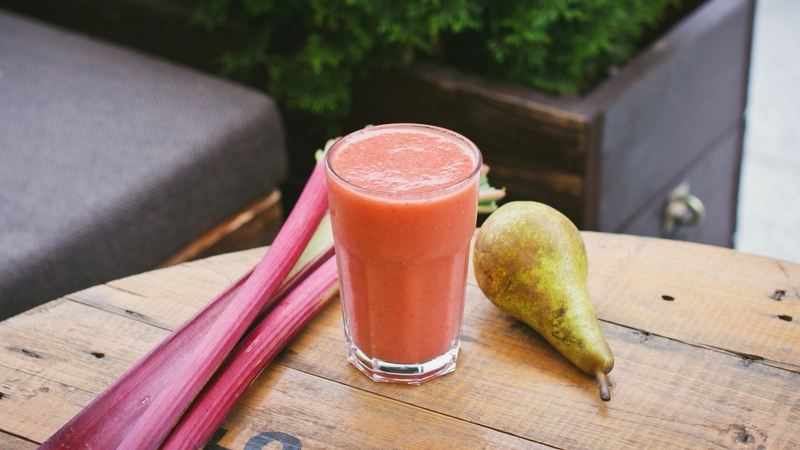Pre- and Post-Workout Nutrition—What Is It and Do You Need It?
Episode #6 of the course Muscle building by Theo Brenner-Roach
Welcome to Lesson #6. Today, we’ll look at pre- and post-workout nutrition, why you use it, and how it may or may not apply to you.
Workout nutrition is the food you eat either before (pre) or after (post) working out. The purpose of these meals are to refuel your body’s energy stores, encourage muscle repair and growth, and prevent the breakdown of muscle mass.
Pre-workout Nutrition
Pre-workout nutrition is the meal you eat or drink before working out and is usually consumed between one to three hours before your workout. The pre-workout meal is important for providing you with the fuel you need to perform your workout and aids in:
• preventing muscle glycogen depletion during your workout
• reducing muscle protein breakdown when working out
To get these benefits, you want your pre-workout meal to be a mix of carbohydrates and protein. Whether you eat or drink this mix is up to you and will depend on how close to your workout you eat and what your preference is. If you’re eating within an hour of your workout, it’s advisable to drink your pre-workout meal (sip it, don’t knock it back), so you don’t feel too full or uncomfortable when you hit the gym. If you have more time, then you can opt for a solid meal.
Post-Workout Nutrition
Post-workout nutrition is the meal eaten after working out. Conventional wisdom suggests eating a mixed meal of protein and carbohydrates within two hours but preferably in within 30-45mins of finishing your workout. This post-workout meal is important for helping your body recover and repair after the workout and will aid in the following:
• reducing muscle fatigue and soreness
• replenishing muscle glycogen (stored energy) that was used in your workout
• increasing muscle protein synthesis and reducing muscle protein breakdown caused by exercise
How you take this meal is up to you. Some people opt to drink their post-workout meal for convenience, but you could just as easily eat solid food. Both options are valid.
What’s Best for the Average Muscle Builder?
If you’re looking to build good aesthetics, keep fit, or improve sporting performance on a casual level, then your total daily calorie intake and macronutrient ratios are of more importance to you than the exact timing and composition of your meals.
In fact, research published by Alan Aragon and Brad Schoenfeld supports this and found that the post-workout meal is only truly important if a pre-workout meal has NOT been eaten. If a pre-workout meal HAS been eaten, then the importance of the post-workout meal is largely diminished.
The researchers go on to explain that unless you are planning on training a second time later in the day (and therefore, need to restore glycogen stores more immediately) or have not eaten a pre-workout meal, then as long as daily caloric needs were met across the 24-hour day period, there is no particular benefit gained from having a post-workout meal.
The bottom line is that a post-workout meal isn’t bad for you, and there is certainly no harm in having one if you want to. However, if you decide not to eat a post-workout meal or simply can’t for whatever reason, then just remember to meet your daily calories needs in full and you’ll be good to go.
Summing Up
Ultimately, pre- and post-workout nutrition can be a useful tool when training, but there are factors of bigger importance (total calorie intake and macronutrient ratios) that are much easier to stick to and have a greater overall effect on body composition in the long term.
Tomorrow, we look at the two most common workout supplements and whether you need to use them or not.
Recommended book
Share with friends

